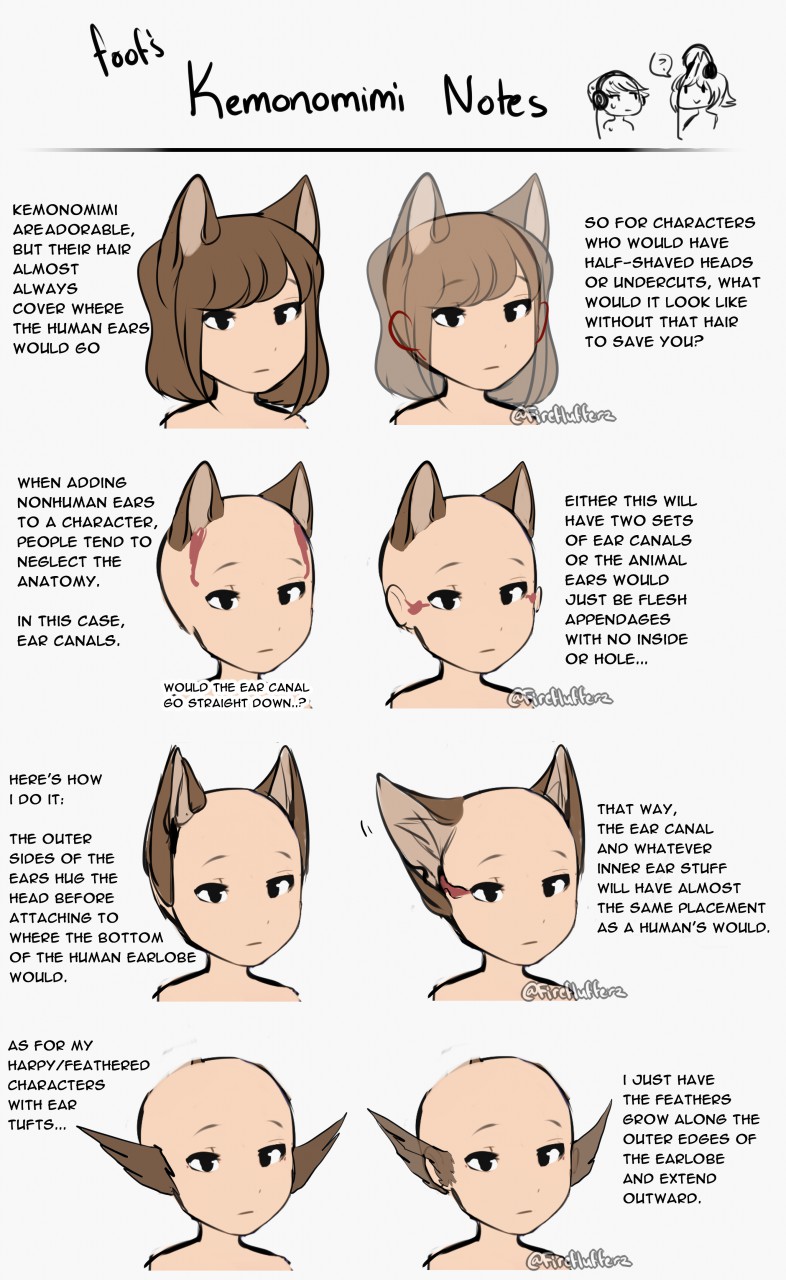In terms of rules and especially the lore, Sword World has changed as much, if not more so, than D&D. Change has been an issue with D&D in Japan, but its not changes itself as much as the frequency of changes over the years, as I'll detail below.
Not only did D&D do quite well when it was originally introduced to Japan, but Sword World was originally a straight calque of D&D tropes to a non-TSR ruleset, and it became the most popular TRPG in Japan by a wide margin. In video games, as well, Legend of Zelda, Final Fantasy, Dragon Quest (Dragon Warrior in the US) these dealt almost entirely in D&D tropes, and were huge successes.
Nor is this just about the 80s and 90s; the most popular anime at the moment is Frieren: Beyond Journey's End, which is pure medieval European fantasy and so steeped in D&D tropes that a mimic was voted the third most popular character.
The point about Tieflings and Orcs is particularly odd, given that Sword World 2.0 introduced the Nightmare race, which are essentially Sword World Tieflings. (Monster characters have also long been a thing.)
It's not about tropes. The Japanese are such mass producers and consumers of media that it's never about the tropes. It's worth pointing out that Masaki's article doesn't talk about D&D's tropes other than to note their significant impact on Japanese pop culture.
The reason D&D is not the dominant player in the Japanese TRPG scene is because it has, since its earliest days, positioned itself as a boutique product in a niche market. This was fine in the 80s when everyone was doing box sets, but not in the 90s, when the TRPG market responded to a recession by creating cheaper, more cost-effective products.
Let's say I'm a young, Japanese would-be RPG gamer looking to buy my first game. I look at the offerings from Wizards of the Coast. Ooh, I can get the 5e Players Handbook from Amazon for 5,958 yen (39 USD). Or, I can get the Sword World 2.5 Rulebook I paperback for 990 yen (6.50 USD), and I don't even need to get funny dice. Or, heck, I'll get a Starter Set! The D&D Starter Set retails for 2,200 yen (15.50 USD).
Or I can get a Sword World 2.5 Starter Set for 3,850 yen (25.50 USD). D&D is cheaper! But what do I get for that 2,200 yen? An adventure booklet, a rulebook booklet, 5 pre-gen characters sheets, and a set of dice. What do I get for the 3,850 yen Sword World starter set? An adventure booklet, a rulebook booklet, pre-gen dry-erase character cards, 10 six-sided dice, cards for all monsters in the adventure, item cards to go with the character cards, dungeon tiles for all the rooms in the adventure, cut-out characters stands, two post-card size dry-erase white boards, and 5 dry erase markers. That is easily more value for my money.
The fact is, aside from a 4 year period in the 90s, D&D has never adjusted its physical products to match the demands of the Japanese TRPG market. A Japanese D&D player gets the same thing as a D&D player in any other region, and that has its own kind of value, but it means books that are hugely overpriced compared to local fare, or box sets that under-deliver compared to its competitors.
Add to this how the Japanese D&D fanbase, such as it is, has been repeatedly jerked around by WotC. From its licensing deal with Hobby Japan killing the previously localized Rules Cyclopedia, to the switch to 3.5 just as the 3.0 books were getting their Japanese release in 2003, to the switch to 4e a few years later, to the switch to 5e a few years after that (without even a Japanese release of the books until 2017!), to canceling planned Japanese releases of Tasha's and Icewind Dale in November 2021 so that WotC could take translations entirely in-house and start the release schedule all over again in December 2022. (And a few months after that announcing development of entirely revised core books!)


